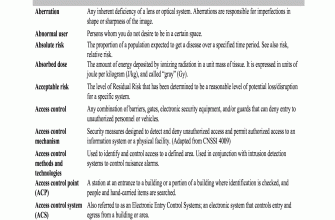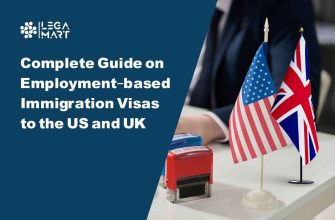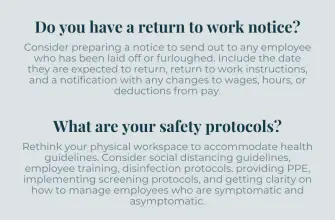Understanding your employment status and rights in the UK can be a complex task, especially when you’re trying to differentiate between being an employee and a worker. The terms may seem interchangeable, but they carry different implications in terms of rights, responsibilities, and legal protections. This article aims to decode these terms and provide clarity on your employment status and rights in the UK.
Defining Employee and Worker
The definition of an employee and a worker are distinct in UK employment law. An employee is someone who works under an employment contract. This contract can be written, verbal, or implied, but it essentially means that the individual has agreed to work for an employer in return for a regular wage or salary.
On the other hand, the definition of a worker is broader. A worker is anyone who carries out work for an employer, regardless of their contract type. This includes casual or irregular work, agency work, and some types of self-employment. The key difference between a worker and an employee is the level of obligation and control the employer has over the individual’s work.
Control Test Employment Law
The control test employment law is a legal principle used to determine an individual’s employment status. It considers the degree of control an employer has over how, when, and where a person performs their work. If the employer has significant control, the individual is likely an employee. If the control is less, they may be considered a worker or self-employed.
Employee vs. Worker: Rights and Responsibilities
The difference between a worker and an employee significantly impacts the rights and responsibilities of both parties. Here are some key differences:
- Employee rights and responsibilities UK: Employees have the most employment rights. These include the right to a written statement of terms, the right to an itemised pay slip, the right to not be unfairly dismissed, and the right to redundancy pay. They also have responsibilities, such as following the employer’s lawful instructions and maintaining confidentiality.
- Worker rights in UK: Workers have fewer rights than employees but are still entitled to certain protections, such as the national minimum wage, paid holidays, and protection against unlawful discrimination.
Employee vs. Self-Employed
Another important distinction is between employees and the self-employed. Self-employed individuals run their own business and take responsibility for its success or failure. They do not have the same rights as employees or workers, but they have more flexibility and control over their work.
Understanding Your Employment Status
Your employment status is crucial as it determines your rights, responsibilities, and the benefits you’re entitled to. Here are some employment status examples:
- Employee status: If you work for an employer and they control when, where, and how you work, you are likely an employee.
- Worker status: If you carry out casual or irregular work for an employer, you are likely a worker.
- Self-employed status: If you run your own business and are responsible for its success or failure, you are likely self-employed.
Understanding your employment status meaning is crucial for knowing your rights and responsibilities. If you’re unsure, you can seek advice from an employment law specialist or use the government’s employment status tool.
Conclusion
Whether you’re an employee, a worker, or self-employed, it’s essential to understand your employment status and rights. This knowledge can help you navigate your work life more effectively and ensure you’re receiving the benefits and protections you’re entitled to. Remember, if you’re unsure about your status or rights, don’t hesitate to seek professional advice.









